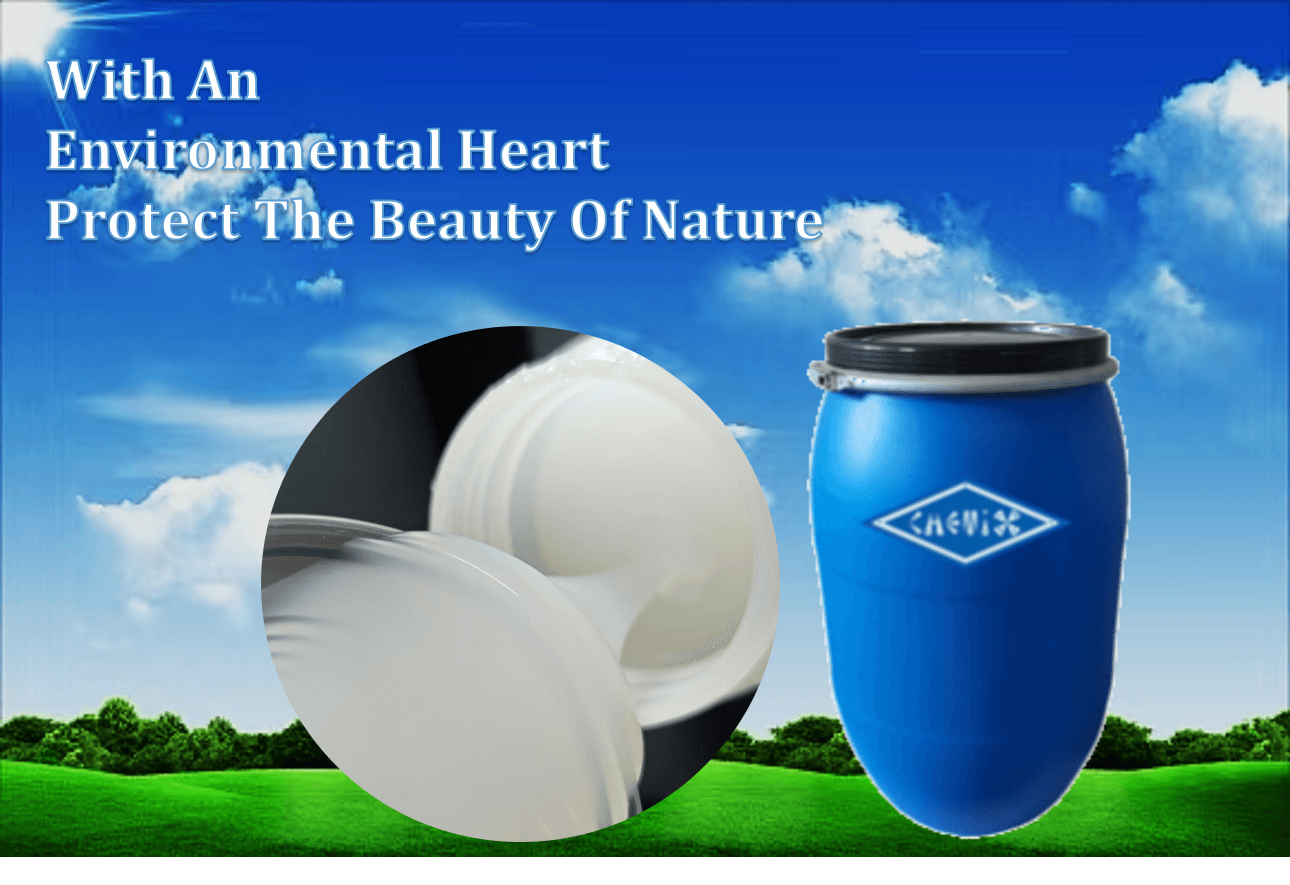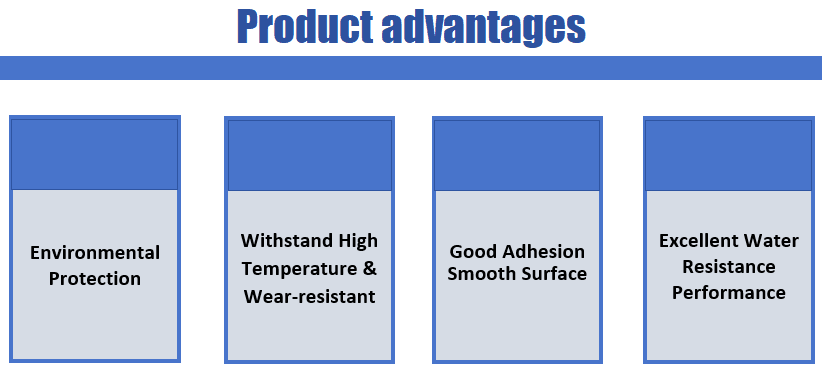Introduction

In a world increasingly aware of its environmental footprint, biodegradable adhesives have emerged as a beacon of hope in the quest for sustainable packaging solutions. These innovative adhesive glues not only bond materials effectively but also break down naturally, minimizing their impact on our planet. As consumers demand greener options, understanding the role of biodegradable packaging becomes essential in driving change across various industries.
Understanding Biodegradable Adhesives
Biodegradable adhesives are designed to decompose over time through natural processes, making them a preferable choice for eco-conscious consumers and businesses alike. Unlike traditional adhesives that can linger in landfills for decades, these adhesives & glues contribute to a circular economy by breaking down into harmless substances. This characteristic makes them particularly appealing for applications where sustainability is paramount, such as in packaging and product assembly.
The Importance of Sustainable Packaging
Sustainable packaging has become more than just a trend; it's now an expectation from consumers who prioritize environmentally friendly practices. By opting for biodegradable packaging materials and adhesive contact glue, companies can significantly reduce their carbon footprint while appealing to eco-minded customers. This shift not only helps protect our planet but also fosters brand loyalty among consumers who value sustainability in their purchasing decisions.
Differentiating Between Biodegradable and Compostable
While often used interchangeably, biodegradable and compostable are distinct terms that merit clarification when discussing adhesives & glues. Biodegradable adhesives break down into natural elements over time but may not necessarily return nutrients to the soil like compostable options do. Understanding this difference is crucial for businesses looking to make informed choices about the types of materials they use in sustainable packaging solutions.
What Are Biodegradable Adhesives?

Biodegradable adhesives are innovative bonding solutions designed to break down naturally over time, reducing their environmental impact. Unlike traditional adhesives that can persist in landfills for decades, biodegradable options are formulated from renewable resources and eco-friendly materials, making them a key player in sustainable packaging initiatives. These adhesives contribute to the growing demand for biodegradable packaging by offering effective bonding without sacrificing performance.
Definition and Characteristics
At their core, biodegradable adhesives are substances that can decompose through natural processes involving microorganisms, heat, and moisture. Typically made from materials like starch, proteins, or cellulose, these adhesives exhibit unique characteristics such as low toxicity and minimal environmental footprint. Their ability to break down into harmless by-products makes them an attractive alternative to conventional adhesive glues that can contain harmful chemicals.
Benefits of Using Biodegradable Adhesives
The benefits of using biodegradable adhesives extend beyond just being eco-friendly; they also enhance product appeal in a marketplace increasingly focused on sustainability. By opting for these adhesives in sustainable packaging designs, companies can improve their brand image while meeting consumer demands for environmentally responsible products. Furthermore, biodegradable adhesives often provide excellent adhesion properties comparable to traditional options but without the associated ecological risks.
Common Applications in Various Industries
Biodegradable adhesives find applications across numerous industries due to their versatility and eco-friendliness. In the food industry, they are used for sealing food packages where safety is paramount; this ensures that no harmful substances leach into consumables while promoting sustainable packaging practices. Additionally, the construction sector employs adhesive contact glue made from biodegradable materials for insulation and paneling applications—demonstrating that sustainability can be seamlessly integrated into various aspects of production.
Popular Biodegradable Adhesives and Glues

In the growing world of sustainable packaging, biodegradable adhesives are taking center stage. These eco-friendly options not only provide strong bonding solutions but also contribute to reducing environmental impact. Let's explore some popular biodegradable adhesives and glues that are making waves in various industries.
Eco-Craft Biodegradable PVA Glue
Eco-Craft Biodegradable PVA Glue is a favorite among crafters and DIY enthusiasts alike. This adhesive glue is designed to break down naturally over time, making it an excellent choice for those who prioritize sustainable packaging in their projects. With its non-toxic formula, it adheres well to paper, wood, and fabric while ensuring that your creations leave a minimal ecological footprint.
One of the standout features of Eco-Craft's PVA glue is its versatility; it's perfect for arts and crafts, school projects, and even light woodworking tasks. Users appreciate its clear finish and easy cleanup with water, reinforcing the appeal of biodegradable adhesives in everyday applications. By choosing this glue, you’re not just crafting; you’re actively participating in a movement towards more responsible adhesive choices.
Titebond III Ultimate Wood Glue
Titebond III Ultimate Wood Glue is another heavyweight champion in the realm of biodegradable adhesives. Known for its exceptional strength and waterproof properties, this adhesive glue is ideal for both indoor and outdoor woodworking projects. It stands out as a reliable option for those looking to create durable structures while adhering to sustainable packaging principles.
What sets Titebond III apart is its ability to bond wood quickly while remaining safe for the environment once disposed of properly. This makes it an excellent choice for furniture makers or hobbyists who want their creations to be both sturdy and eco-conscious. With Titebond III, users can enjoy peace of mind knowing they are using an adhesive that aligns with their commitment to sustainability.
Chemix's Water-Based Resin Solution
Chemix's Water-Based Resin Solution offers yet another innovative approach within the world of biodegradable adhesives & glues. This product harnesses advanced technology to provide a strong bond while maintaining a focus on environmental responsibility. Perfectly suited for various applications ranging from crafts to industrial use, this adhesive contact glue exemplifies how modern formulations can meet eco-friendly standards.
The water-based nature of Chemix's solution means it's easy to clean up while being gentle on surfaces—ideal for intricate projects where precision matters most. Additionally, it promotes sustainable packaging by ensuring that any waste generated during use can decompose without harming the planet further. Choosing Chemix’s resin solution means opting for a smart blend of performance and sustainability in your adhesive choices.
The Role of Adhesive Contact Glue

Adhesive contact glue plays a pivotal role in the realm of biodegradable adhesives, particularly in sustainable packaging applications. This type of adhesive is designed to bond surfaces together through a unique application process, which involves spreading adhesive on both surfaces and allowing it to dry before pressing them together. The result is an incredibly strong bond that can withstand various environmental factors, making it ideal for products aimed at reducing waste and promoting biodegradable packaging.
How Adhesive Contact Glue Works
The magic of adhesive contact glue lies in its application method and formulation. When applied, this glue creates a thin layer that forms bonds through pressure rather than moisture, allowing for immediate adhesion once the surfaces are pressed together. This quick bonding capability makes adhesive contact glue particularly useful in high-speed manufacturing processes where efficiency is key, especially when working with biodegradable adhesives aimed at eco-conscious consumers.
Benefits for Sustainable Packaging
Using adhesive contact glue in sustainable packaging offers numerous benefits that align with the growing trend towards eco-friendliness. First and foremost, these adhesives are often made from renewable resources, which minimizes reliance on petroleum-based products typically used in traditional adhesives & glues. Additionally, they enhance the integrity of biodegradable packaging by ensuring that packages remain sealed and intact throughout their lifecycle, ultimately reducing waste and promoting environmental sustainability.
Popular Brands Offering Eco-Friendly Options
Several brands have recognized the importance of incorporating eco-friendly options into their product lines by offering high-performance adhesive contact glues designed for sustainable packaging solutions. Companies like Eco-Glue and Titebond have made significant strides in developing biodegradable adhesives that do not compromise on performance while supporting environmentally responsible practices. By choosing these brands, consumers can make informed decisions that contribute to a greener future while enjoying reliable adhesion from their favorite adhesives & glues.
Compostable Adhesives: A Deeper Dive
Compostable adhesives are an exciting frontier in the world of sustainable packaging. Unlike their traditional counterparts, which can linger in landfills for decades, compostable adhesives break down into natural components when exposed to the right conditions. This transformation not only reduces waste but also enriches the soil, making them a stellar choice for eco-conscious consumers and businesses alike.
What Makes an Adhesive Compostable?
To be classified as compostable, an adhesive must meet specific criteria that ensure it can decompose in a composting environment. This means it should break down into non-toxic elements within a certain timeframe, typically 90 to 180 days, under appropriate conditions of heat and moisture. The materials used—often derived from renewable resources—play a crucial role; they must be biodegradable adhesives that contribute positively to the ecosystem rather than harming it.
Key Examples of Compostable Adhesives
Several brands have stepped up to the plate with innovative compostable adhesive solutions that cater to various needs in sustainable packaging. One notable example is Ecovio® from BASF, which combines renewable raw materials with traditional polymers to create a versatile adhesive glue suitable for various applications. Another standout is BioTAK™, designed specifically for labels and packaging, ensuring that even the sticky parts of your biodegradable packaging are environmentally friendly.
The Environmental Impact of Compostable Options
The environmental impact of using compostable adhesives is significant and multifaceted. By opting for these adhesives & glues, businesses can reduce their carbon footprint while contributing to a circular economy where waste becomes nourishment for new life. Moreover, when integrated into sustainable packaging solutions, compostable options help mitigate pollution associated with conventional plastic products—truly a win-win situation for our planet!
Future Trends in Eco-Friendly Adhesives

As the world shifts towards more environmentally conscious practices, the future of biodegradable adhesives looks promising. Innovations in biodegradable packaging are paving the way for a new era where adhesive glue not only serves its purpose but also contributes positively to the environment. By combining sustainability with functionality, manufacturers are creating products that appeal to eco-minded consumers and businesses alike.
Innovations in Biodegradable Packaging
The surge in demand for sustainable packaging has spurred a wave of innovation in biodegradable adhesives. Companies are developing new formulations that ensure their adhesive contact glue performs effectively while being kinder to the planet. These innovations include plant-based adhesives and those that break down more efficiently after use, reducing landfill waste and environmental impact.
Moreover, advancements in technology allow for improved adhesion properties without compromising biodegradability. For instance, some manufacturers are experimenting with bio-based polymers derived from renewable resources, resulting in adhesives & glues that meet performance standards while remaining environmentally friendly. This trend is crucial as industries seek solutions that align with their sustainability goals.
The Push Towards Sustainable Adhesives
The movement towards sustainable adhesives is gaining momentum across various sectors, driven by both regulatory pressures and consumer preferences. Businesses recognize that adopting biodegradable adhesives can enhance their brand image and meet increasing demand for eco-friendly products. As a result, many companies are investing heavily in research and development to create advanced adhesive solutions that prioritize sustainability.
Additionally, collaborations between material scientists and manufacturers have led to breakthroughs in adhesive technology that prioritize both performance and environmental responsibility. This push is not just limited to large corporations; small businesses are also exploring ways to incorporate eco-friendly options into their product lines, signaling a broad shift toward sustainable practices across industries.
How Consumers Can Drive Change
Consumers play a pivotal role in driving the shift towards eco-friendly adhesives by making informed choices about the products they purchase. By opting for biodegradable packaging and supporting brands that prioritize sustainable practices, individuals can influence market trends significantly. Every time consumers choose biodegradable adhesives over traditional options, they send a powerful message to manufacturers about what matters most: sustainability.
Moreover, awareness campaigns can educate consumers about the benefits of using biodegradable glues and how they contribute to reducing plastic waste and pollution. Social media platforms serve as effective channels for spreading this knowledge—encouraging discussions around sustainable packaging can inspire others to rethink their purchasing habits too! Ultimately, collective consumer action will catalyze broader changes within industries reliant on adhesives & glues.
Conclusion
In a world increasingly concerned with environmental sustainability, the shift towards eco-friendly adhesives is more than just a trend; it’s a necessity. Biodegradable adhesives are leading the charge, offering solutions that not only meet the demands of various industries but also align with consumer values centered around sustainability. As we embrace this shift, it becomes clear that the future of adhesive glue lies in responsible choices that benefit both our planet and our projects.
The Shift Towards Eco-Friendly Adhesives
The movement towards biodegradable adhesives marks a significant change in how industries approach product development and packaging. Companies are now prioritizing sustainable packaging options that minimize environmental impact while maintaining performance standards. This shift is driven by both regulatory pressures and growing consumer demand for products made from renewable resources, making adhesive contact glue an essential component of this transformation.
Benefits of Choosing Biodegradable Packaging
Opting for biodegradable packaging offers numerous advantages beyond simply being environmentally friendly. It reduces landfill waste and promotes a circular economy where materials can decompose naturally, enriching soil rather than polluting it. Additionally, using biodegradable adhesives helps companies enhance their brand image as they align with eco-conscious consumers who prioritize sustainability in their purchasing decisions.
How to Make Sustainable Glue Choices
Making sustainable glue choices involves understanding the options available and selecting products that truly deliver on their promises of biodegradability and compostability. Consumers should look for certifications or labels indicating that an adhesive is made from natural materials and designed to break down safely in the environment. By choosing biodegradable adhesives over traditional options, individuals can contribute to reducing plastic waste while ensuring their projects remain effective and environmentally responsible.
